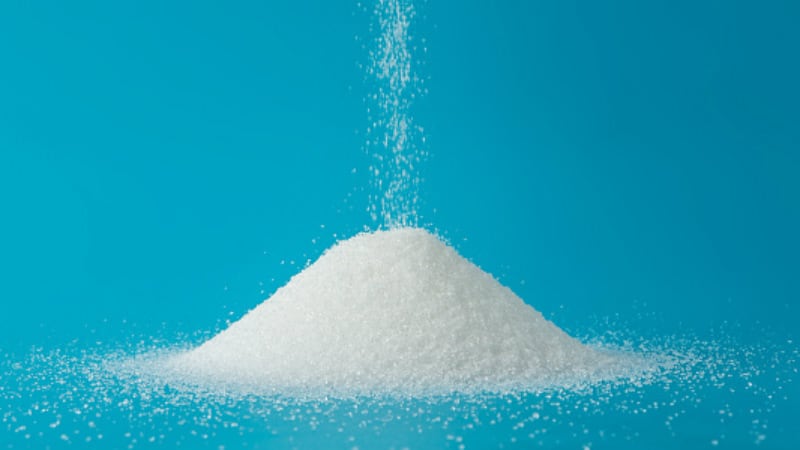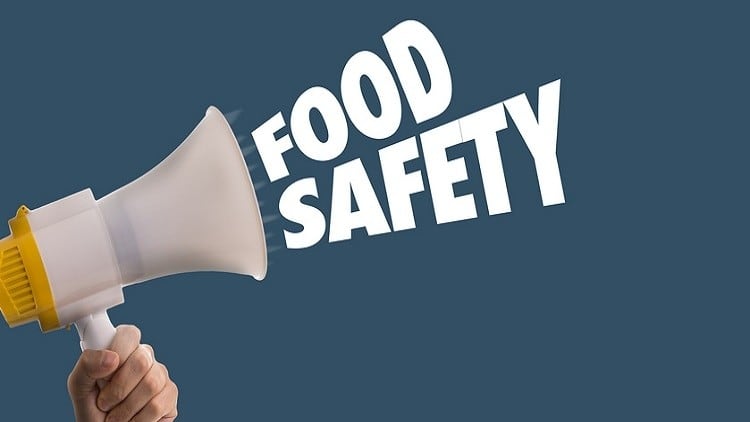TRAIN is the government’s Tax Reform for Acceleration and Inclusion initiative under its Comprehensive Tax Reform Program (CTRP) which looks to ‘correct deficiencies in the tax system’. The first TRAIN phase looked at reducing income taxes amongst other items, and also saw the introduction of a sugar-sweetened beverage tax in the country.
The second phase is split into two packages: Package 2 is deemed the Corporate Income Tax and Incentives Rationalization (CITIRA) which aims to gradually lower corporate income tax (CIT) from 30% to 20% and look at other growth and investment aspects, whereas Package 2+ is simply deemed Sin Taxes, which is where the alcohol tax hike falls under.
According to official documents from the Senate of the Philippines, Senator Pia Cayenato pushed for higher taxes on alcoholic products, e-cigarettes and heated tobacco products under Senate Bill No. 1074.
“As alcohol becomes cheaper with the rise in household incomes, and [more] affordable and accessible for vulnerable groups like the poor and the young, the risk is real that we will see [the number of cases of alcohol-related tragedies] grow,” she said in her sponsorship speech.
“Filipinos already consume, on average, 11 litres of hard alcoholic beverages per year, higher than the global and ASEAN averages of below 10 litres per year.”
Cayenato also called out alcoholic product manufacturers for asking for ‘reasonable’ tax rates, but not protecting consumers despite this.
“Time and again, the manufacturers of these products have asked us to be ‘reasonable’ with rates. In our experience, [this] argument is rarely, if at all, used to advocate for the Filipino family,” she said.
“Reasonable should not be code for ‘lower prices’. For us Senators of the Republic, a reasonable proposal is one that actively protects the Filipino family. The only way to go is that which leads to the protection of people's lives.”
She added that because demand for alcohol is ‘inelastic’, even if prices were to be increased ‘by a great margin’, demand will ‘barely be affected’, and that raising the taxes would emphasise the message of responsible drinking.
“Taxation is not a cure-all solution but it is necessary to curb vices and addiction and we must utilise it. We remain cognizant however, that taxation is just one tool and that a comprehensive strategy is necessary,” she said.
Cayenato proposed an ad valorem tax for distilled spirits set at 20%, as well as a specific (per unit) tax of PHP90 (US$1.16) per proof litre (which computes alcoholic content at a certain temperature) which would be increased by PHP10 (US$0.19) every year for four years starting 2020. After 2023, the specific tax would increase by 10% yearly.
For beer and alcopops, a specific tax of PHP45 (US$0.87) per litre was proposed, which would increase by PHP10 (US$0.19) yearly until 2023, whereupon it would be raised by 10% yearly.
As for wine products, a specific tax of PHP600 (US$11.58) per litre for sparkling wines and PHP43 (US$0.83) per litre for still/carbonated wines was proposed, the rates of which would increase by 10% yearly from 2020.
‘Met objectives’
Despite opposition from local sugar industry leaders, the government has voiced praise for the outcomes of the TRAIN law.
According to the government’s public information arm, TRAIN has ‘met its goals and objectives’.
“In 2018, we gave back to the people PHP 111bn (US$2.1bn) worth of lower income tax and the first PHP250,000 (US$4,826) tax free,” said Department of Finance (DoF) Undersecretary Karl Chua.
“We were also able to raise more than enough revenues in 2018 and in the first half of 2019 to fund the government’s infrastructure program.”
He added that fears of the law leading to higher inflation had ‘no basis’, citing GDP growth and good performance.
Such is the government’s confidence in the law that another DoF Undersecretary Gil Beltran said in a formal statement following an ASEAN meeting that officials from Malaysia and Singapore had ‘expressed interest’ in studying Philippines’ SSB tax implementation ‘so that they could also possibly impose a similar tax as a health measure’.
Malaysia implemented its sugar tax on July 1 this year, and Singapore is considering a similar intervention.
“[This tax] under the TRAIN Law has been recognised as a successful fiscal policy intervention that aims to attain their collective goal of nurturing a healthier society in the region,” he said.
But not everyone agrees – Philippines Economic Zone Authority (PEZA) Director General Charito Plaza said that TRAIN was affecting local economic zones as foreign companies are worried about instability, and some incentives previously offered have also been removed.
“Industries feel we have unstable investment pollcies and laws. They are scared to expand if we keep on changing the rules in the middle of the game,” she told Manila Bulletin.
“We are not the only game in town – Philippines’ economic zones are competing with countries [that have] far more developed ecozones.”





